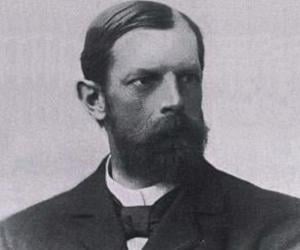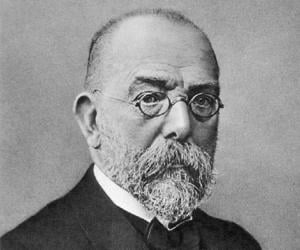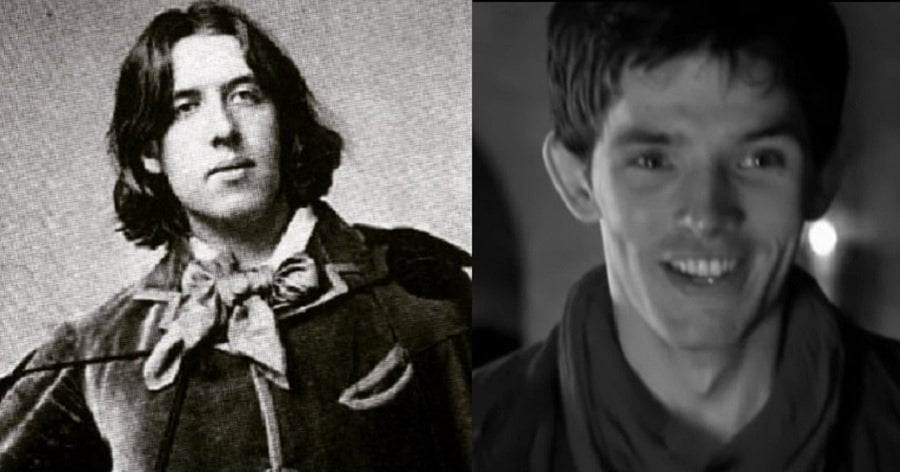Robert Koch was a German microbiologist and physician. One of the prominent co-founders of modern bacteriology, Koch is credited with creating and improving laboratory techniques and technologies in the field of microbiology. He is also credited with making important discoveries in public health. In 1905, Robert Koch won the Nobel Prize in Physiology or Medicine for his research on tuberculosis.
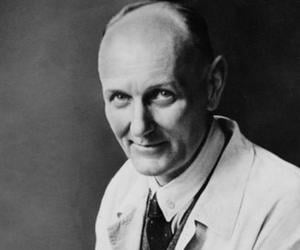
Nobel Prize-winning German pathologist and bacteriologist Gerhard Domagk is best remembered for his pathbreaking discovery of Prontosil, the first sulfonamide antibiotic. The Nazis, however, didn’t allow him to accept the Nobel Prize immediately and detained him briefly instead. He had also served as a soldier in World War I.
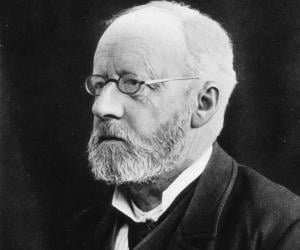
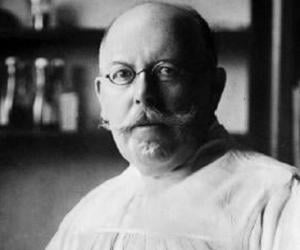
Born to a German army surgeon, bacteriologist Friedrich Loeffler followed in his father’s footsteps and served as an army doctor for a while before becoming an academic. He later co-discovered the Klebs-Löffler bacillus, the organism that causes diphtheria, and developed a serum to detect it, apart from founding a microbiology-oriented journal.
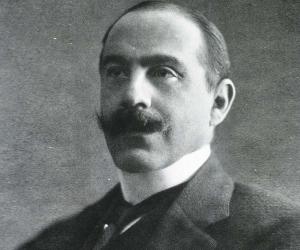
August von Wassermann was a German hygienist and bacteriologist. He is best remembered for developing a complement fixation test that allowed for early detection of syphilis in 1906. The test helped prevent the transmission of the disease and played a major role in the diagnosis of syphilis. In 1921, August von Wassermann became the first winner of the Aronson Prize.
